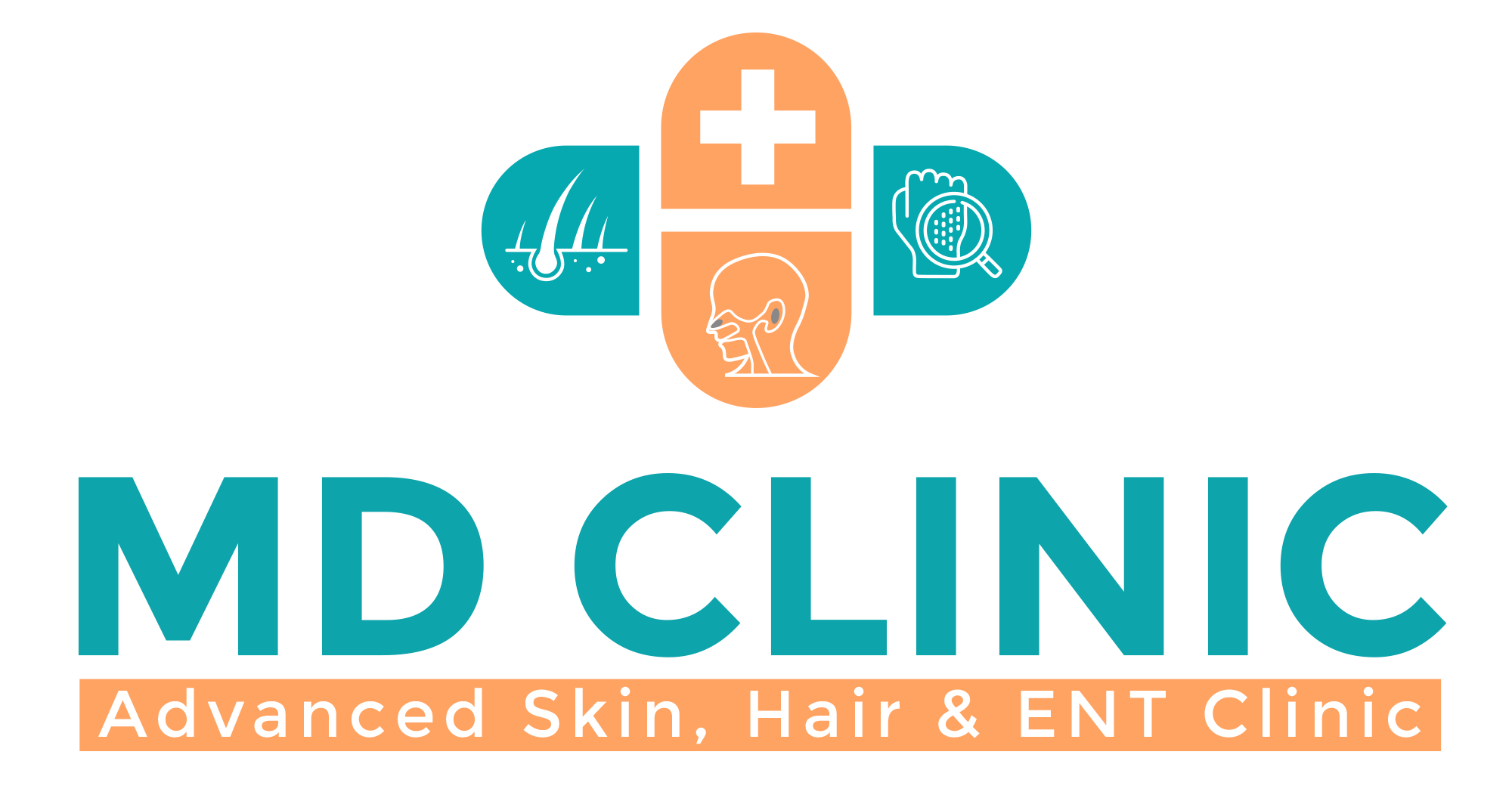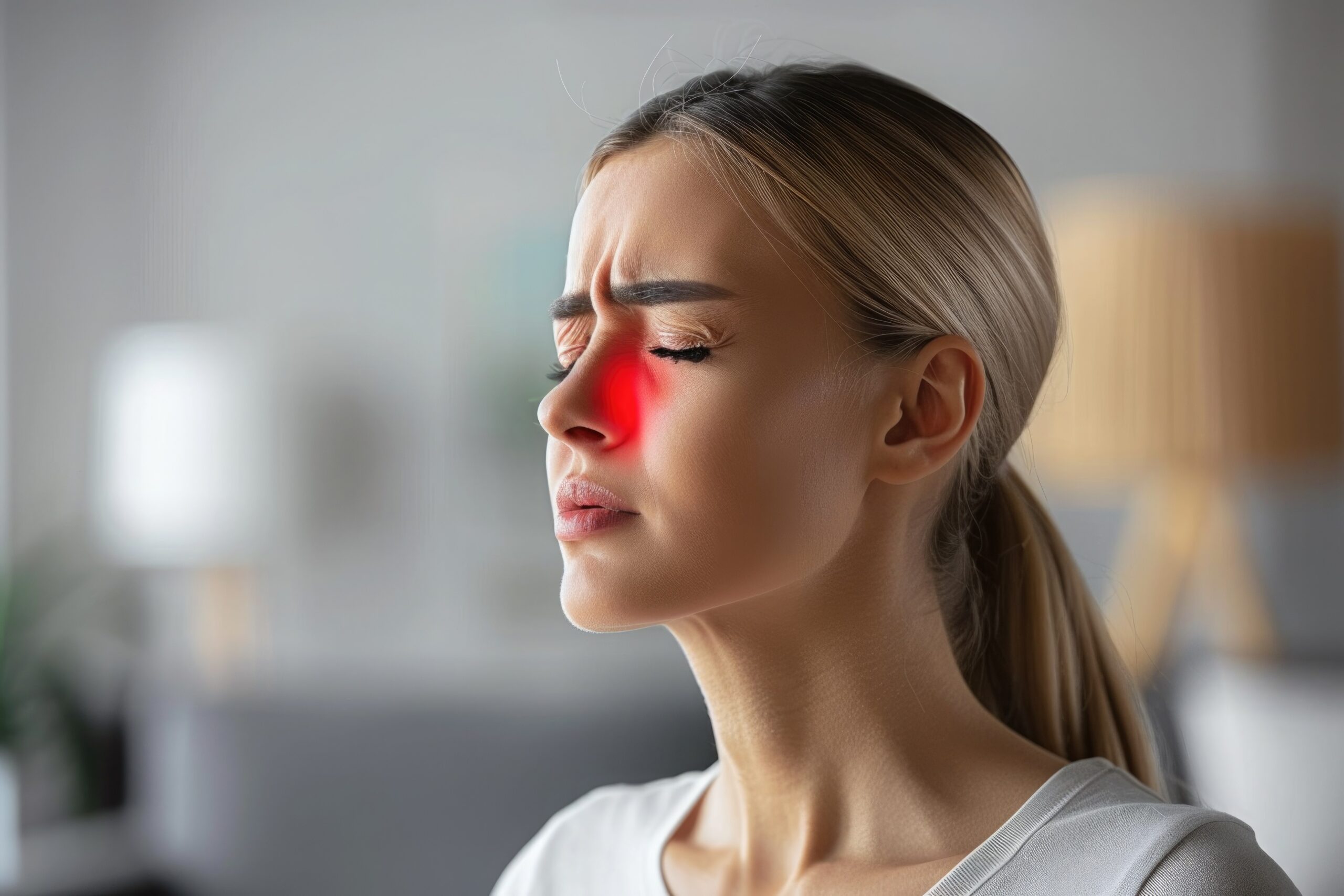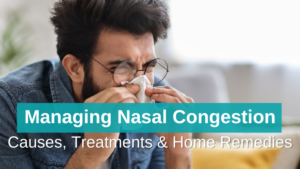Acute sinusitis is a prevalent condition affecting millions globally, leading to nasal congestion, facial discomfort, and other symptoms. It occurs when the sinus cavities become inflamed, often due to infections or environmental factors. Understanding its causes, symptoms, and treatment approaches can help manage and relieve effectively.
Causes of Acute Sinusitis
Several factors contribute to the development of acute sinusitis, including:
- Viral Infections – Many cases stem from colds or flu, which cause sinus inflammation.
- Bacterial Infections – In some instances, bacterial infections can develop, particularly if symptoms persist beyond 10 days.
- Allergic Reactions – Exposure to pollen, dust, and pet dander can trigger sinus inflammation.
- Environmental Pollutants – Smoke, strong odors, and chemicals can irritate nasal passages.
- Structural Blockages – Deviated septum, nasal polyps, or enlarged adenoids can obstruct proper drainage.
- Weakened Immunity – Individuals with underlying health conditions are more susceptible to infections.
Symptoms of Acute Sinusitis
This condition often presents with the following symptoms:
- Nasal congestion – Difficulty breathing due to blocked nasal passages.
- Facial pain and pressure – Sensations around the forehead, nose, and cheeks.
- Thick nasal discharge – Yellow or green mucus often accompanies sinusitis.
- Headache – Sinus pressure can lead to headaches, especially when bending forward.
- Cough and sore throat – Postnasal drip may cause persistent coughing.
- Fever and fatigue – Some individuals experience mild fever and tiredness.
- Reduced sense of smell and taste – Inflammation can impact sensory functions temporarily.
Treatment Approaches for Acute Sinusitis
Most cases resolve within a couple of weeks, but treatments can ease discomfort:
1. Self-Care and Home Remedies
- Steam Therapy – Inhaling steam can help clear nasal congestion.
- Saline Nasal Irrigation – Using a saline rinse promotes sinus drainage.
- Hydration – Drinking fluids helps thin mucus.
- Rest and Over-the-Counter Medications – Pain relievers and decongestants offer symptom relief.
2. Medical Treatment
- Antibiotics – If a bacterial infection is confirmed, antibiotics may be prescribed.
- Nasal Corticosteroids – Medications like fluticasone help reduce inflammation.
- Allergy Medications – Antihistamines can be beneficial for allergy-related sinusitis.
3. Seeking Medical Help
Consult a doctor if symptoms persist beyond two weeks, worsen, or if severe facial swelling, high fever, or frequent infections occur.
Preventive Measures
To reduce the risk of acute sinusitis:
- Maintain proper hygiene to prevent infections.
- Manage allergies with medication and avoidance strategies.
- Stay hydrated and avoid exposure to pollutants.
- Use a humidifier to maintain optimal indoor humidity levels.
Conclusion
Acute sinusitis can cause discomfort but is generally manageable with home remedies and medical care when necessary. Early recognition of symptoms and adopting preventive measures can contribute to better sinus health and overall well-being.




